Prioritizing Mental Health Through Better Understanding Stress and the Body's Trauma Response
As the stress of the COVID-19 pandemic has increased emphasis on the importance of prioritizing mental health, UToledo faculty experts are advancing our understanding of the body’s response to trauma and the coping mechanisms that work best.
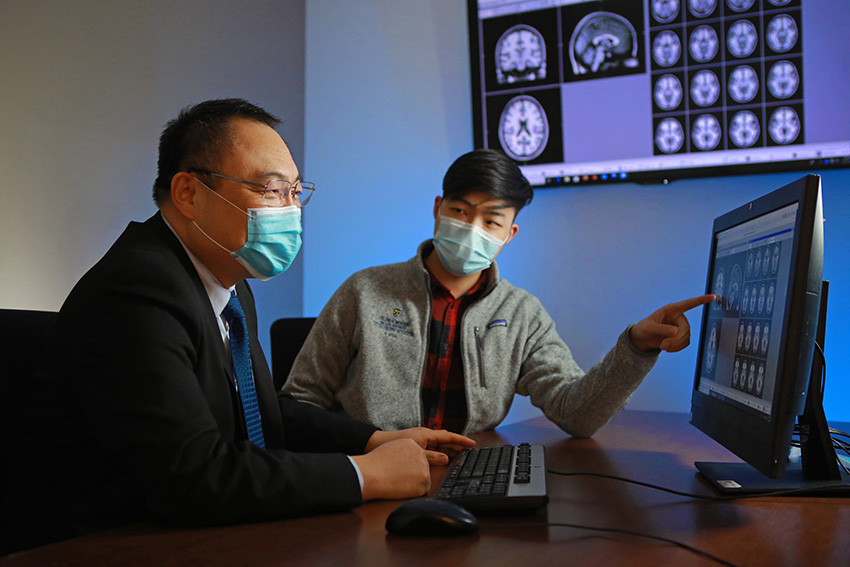
New research by Xin Wang, M.D., Ph.D., professor of psychiatry and neuroscience, published in the journal Molecular Psychiatry provides the strongest evidence to date of the structural brain changes that occur in patients with post-traumatic stress disorder. Wang analyzed structural MRIs from 1,400 patients with PTSD discovering atrophy in areas across the cerebral cortex, including regions responsible for sensory processing, which could open new doors to treatment options.
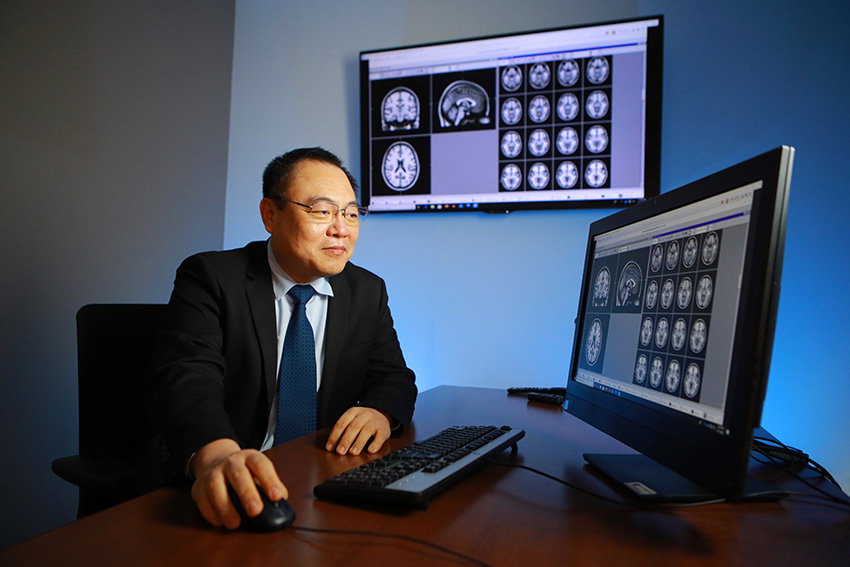
The increased isolation during a pandemic makes spending time with your pet more important than ever, according to Janet Hoy-Gerlach, Ph.D., associate professor of social work who studies the benefits of the human-animal bond. Her latest research followed individuals with shelter dogs and cats as emotional support animals and tested biomarkers related to stress and bonding while surveying their depression, anxiety and loneliness.
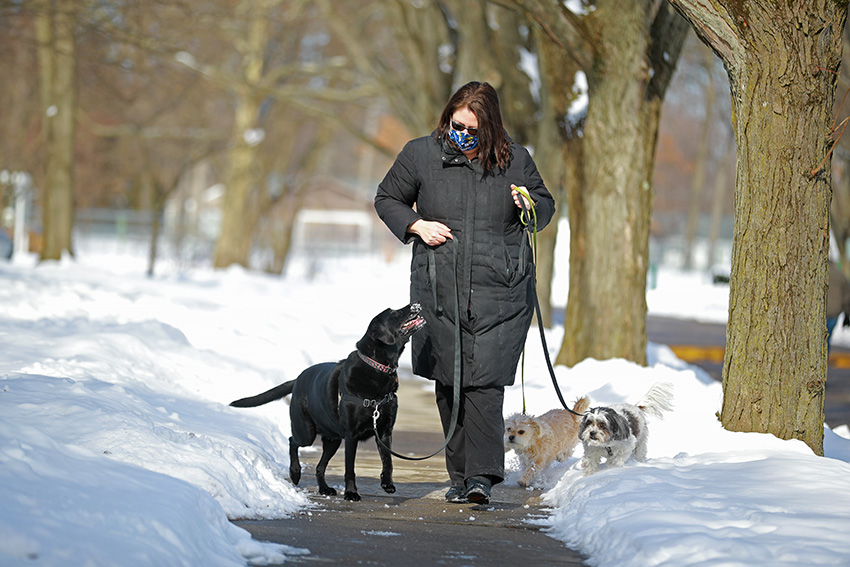
Everyday stress is the strongest predictor of COVID-related anxiety, Jon Elhai, Ph.D., professor of psychology, found in a study that advances his research on health anxiety and how it fuels fear of missing out and the unhealthy coping mechanism of excessive smartphone use.
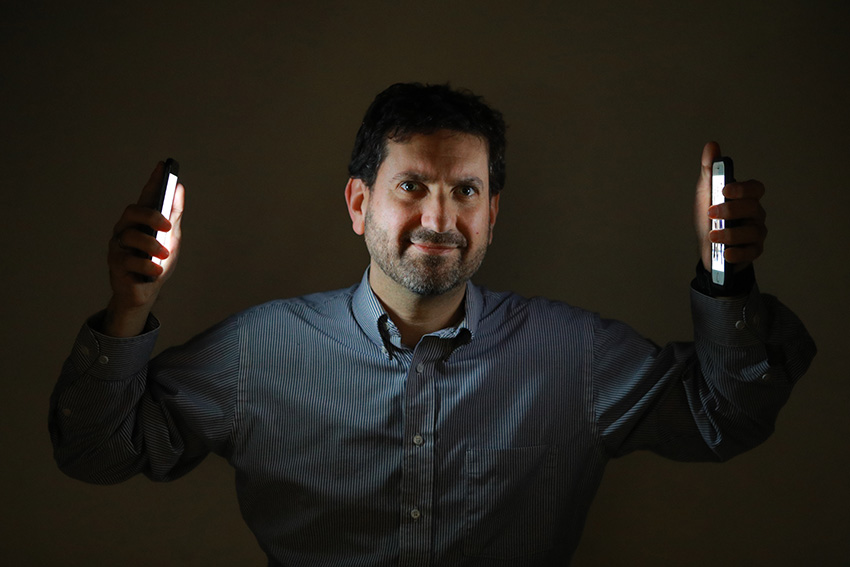
As healthcare providers grapple with pandemic-related anxiety and depression, Cheryl McCullumsmith, M.D., Ph.D., professor and chair of the Department of Psychiatry, is conducting a clinical trial to evaluate whether Prozac with its anti-inflammatory properties can prevent the extreme immune response experienced by COVID-19 patients called cytokine storms.

All renters facing eviction deal with anxiety and stress, but a new study by Sujata Shetty, Ph.D., professor in the Department of Geography and Planning and director of the Jack Ford Urban Affairs Center, shows evictions have a powerful impact on people with mental health disorders and their illness is often related to the cause for eviction.
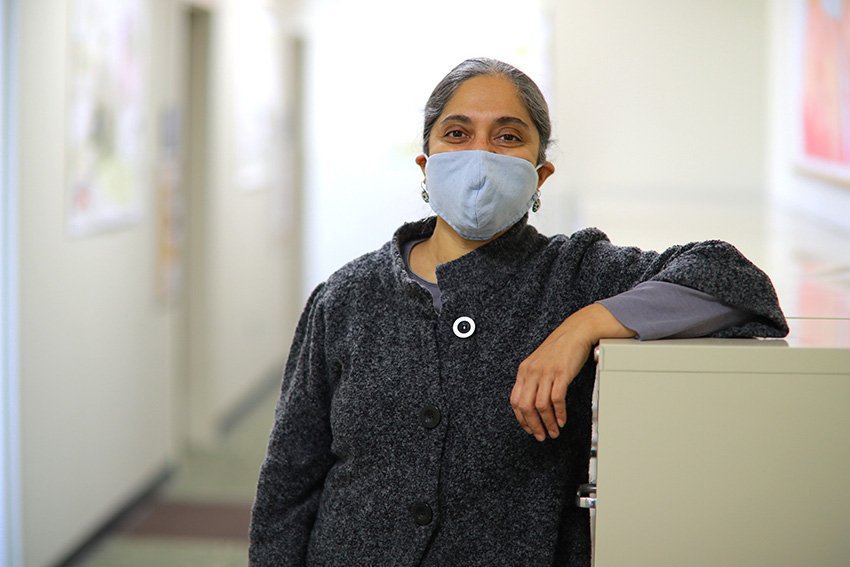
UToledo is providing mental health first aid training to help people step in when they see someone struggling. Led by Linda Lewandowski, Ph.D., vice provost for health affairs for interprofessional and community partnerships and dean of the College of Nursing, the training is part of UToledo’s efforts to reduce the stigma surrounding mental health issues.
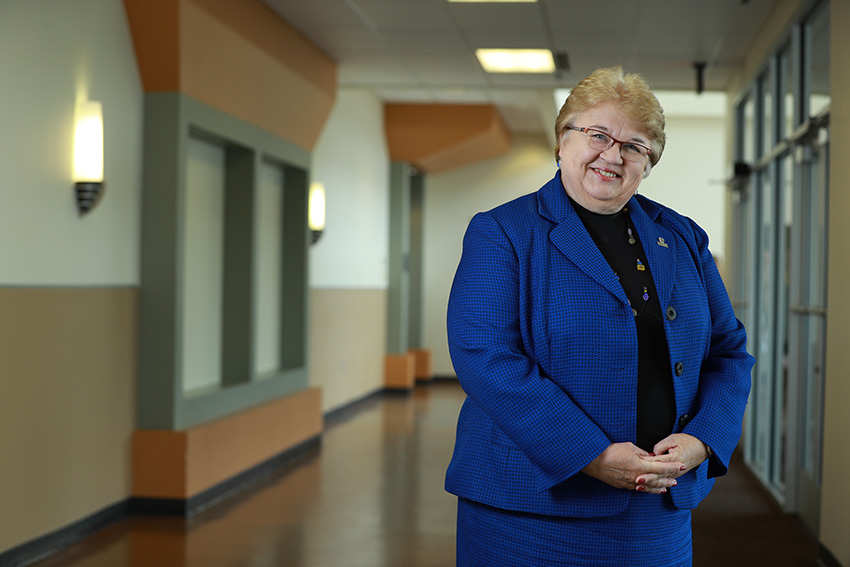
Karen Bjorkman, Ph.D., provost and executive vice president of academic affairs and Distinguished University Professor of astronomy, urges institutions of higher education to extend the tenure clock to save careers of rising academic women and chronicles her implementation of a one-year extension during the coronavirus pandemic in a column in Diverse: Issues in Higher Education.

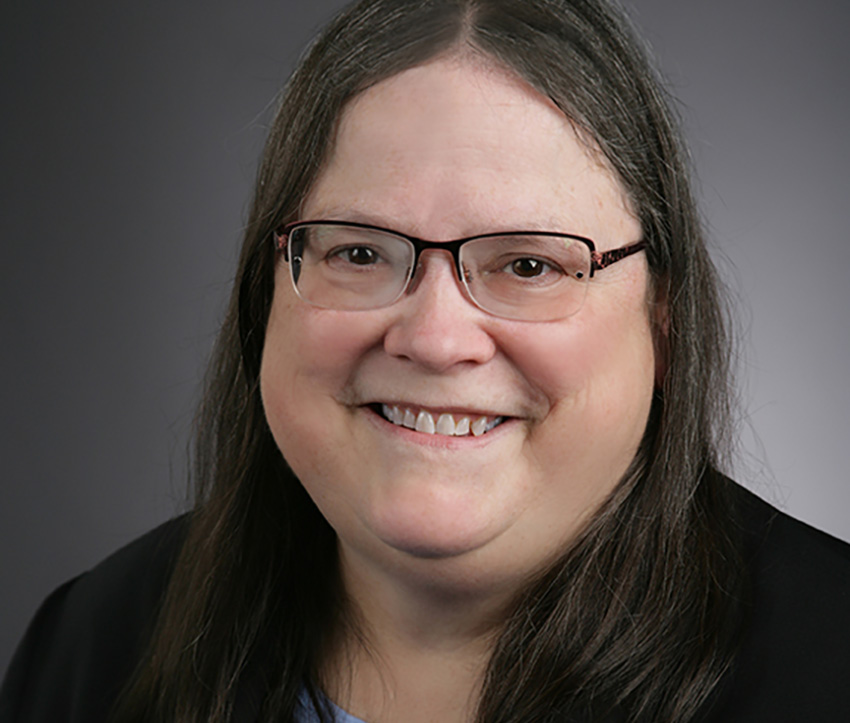
Learn More
- The Blade: Past Due: Eviction crisis needs a community solution, experts say
- College of Medicine and Life Sciences Researchers Set Focus to COVID-19
- UToledo Mental Health Experts Offer Tips to Cope With Coronavirus
- UToledo research: When smartphones aren’t used socially, there’s a link to anxiety
- WTOL: UToledo researchers look at antidepressant as potential treatment for COVID-19 symptoms
- UToledo Expertise Sought to Examine Poverty in City, County
- The Blade: Study: Toledo’s poverty concentrated in central city neighborhoods
- 13 ABC: University of Toledo study offers insight to city’s poverty problem
- WTOL 11: Study finds 26.5% in poverty in Toledo
- Wall Street Journal: Your Phone Is Almost Out of Battery. Remain Calm. Call A Doctor.